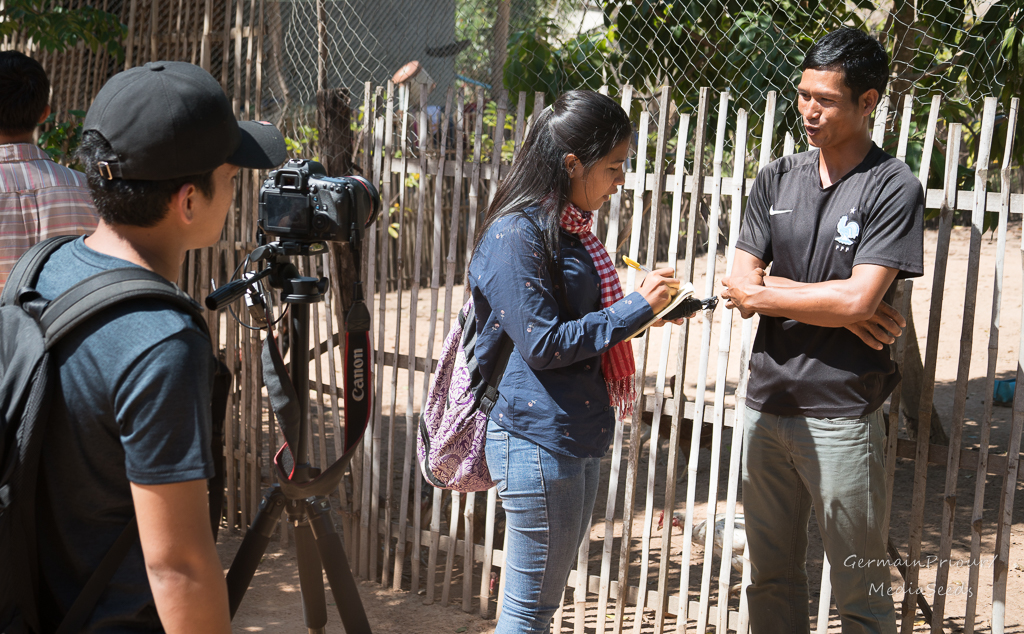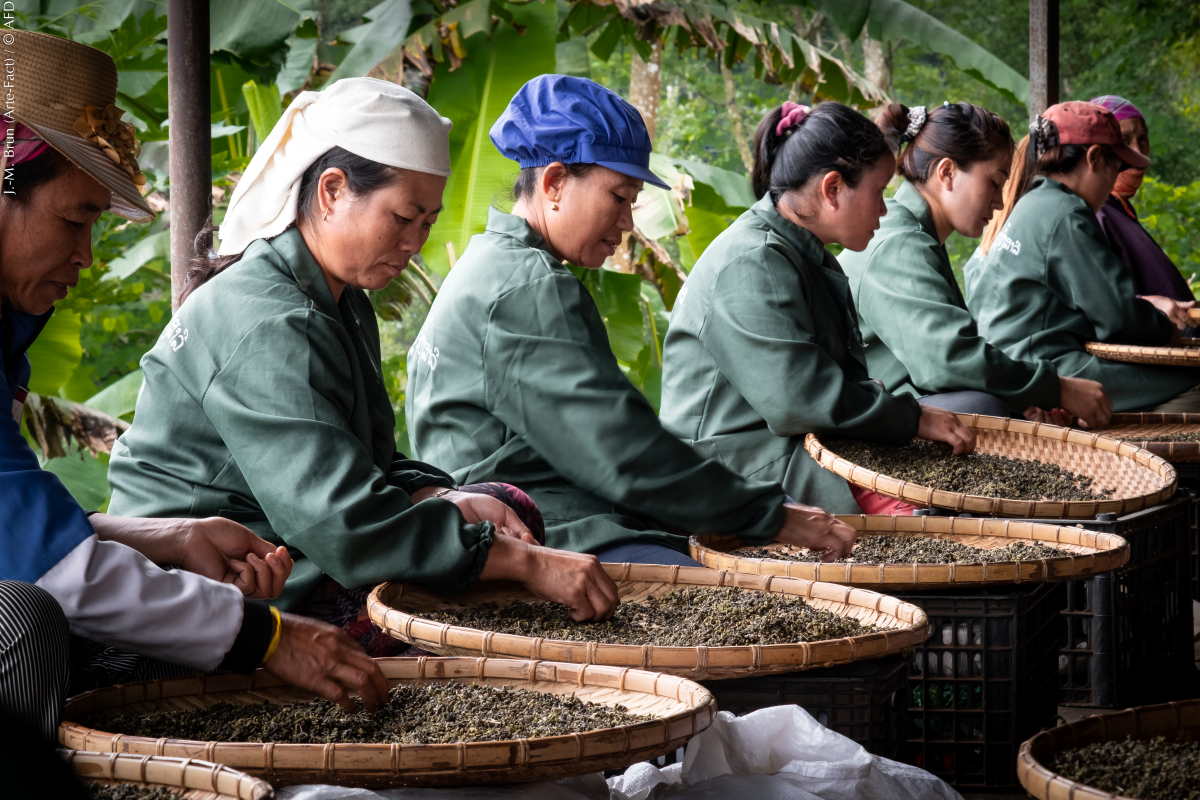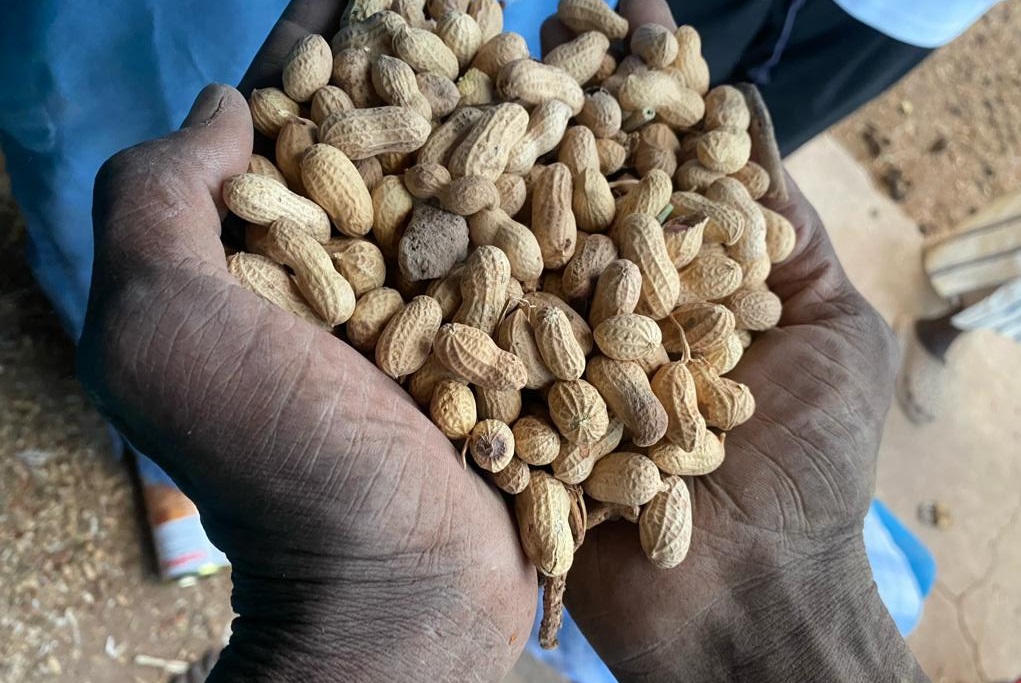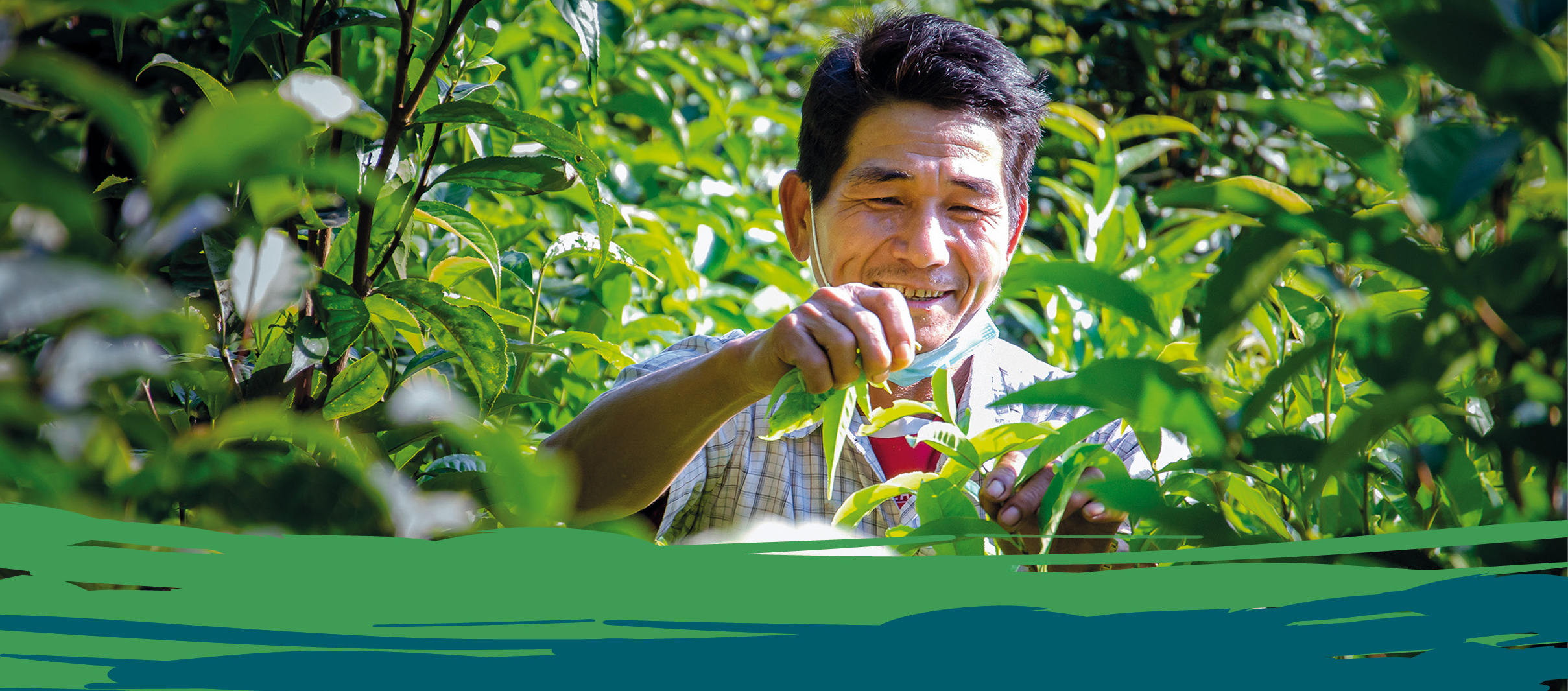A study was conducted as part of the project entitled “Capitalisation of stakeholders’ experiences for the development of resilient agroecological techniques in West Africa” (Calao). The main results of the study were presented and discussed at a regional seminar that took place in Dakar on 18 and 19 October 2017.
This event highlighted in particular the necessity – rather than evaluating individual agroecological practices that can be isolated from other practices – to evaluate systems that are more or less agroecological at plot (crop systems), farm (production system) and regional (agrarian system) level.
Evaluation criteria must also be related to the context. The usefulness of sound studies of agrarian systems was underlined. The latter are necessary for socio-economic evaluation. They also enable clearer definition of the most pertinent criteria for agro-environmental evaluation based on general issues encountered in the region, and to define sampling for this evaluation. The scope of evaluation must include traditional agroecological practices, as well as practices introduced more recently by external bodies (NGOs, research, etc.).
Concerning factors that facilitate or limit the development of agroecology, several were covered: suitability of agroecological practices to farmers’ objectives, access to production resources and funding for this, agro-environmental environment, socio-economic environment, conditions for access to land and natural resources, production and access to organic matter (which is often at the core of agroecological transition), necessary work, public policies and methods of intervention that promote agroecology. It clearly emerged that the issue to be dealt with is not so much that of factors that are more or less favourable for such and such a practice, but rather all the conditions necessary for transition from one type of farming system to another. Agro-environmental evaluations have pointed to the positive effects of agroecological practices in terms of soil fertility (organic matter, rooting), agricultural yields (on average + 50 %) and reforestation of agrarian landscapes.
Socio-economic evaluations focused on impacts in terms of agricultural income, added value, employment and food security. For example, in the region of Sereer in Senegal, agroecological systems based on strong integration between agriculture and livestock breeding make it possible to at least double agricultural income per working person compared to other, otherwise comparable, systems, both in terms of yield improvement and growth in animal production. The latter also has an impact in terms of families’ eating habits, in particular with an increase in milk consumption.






